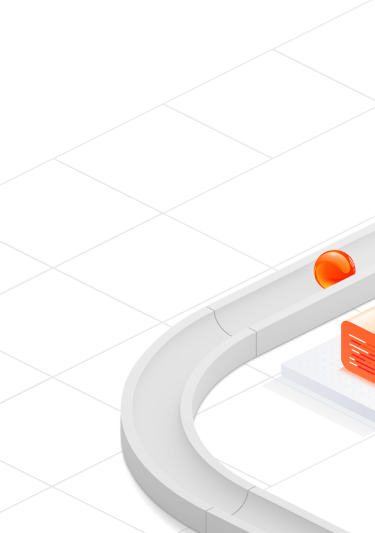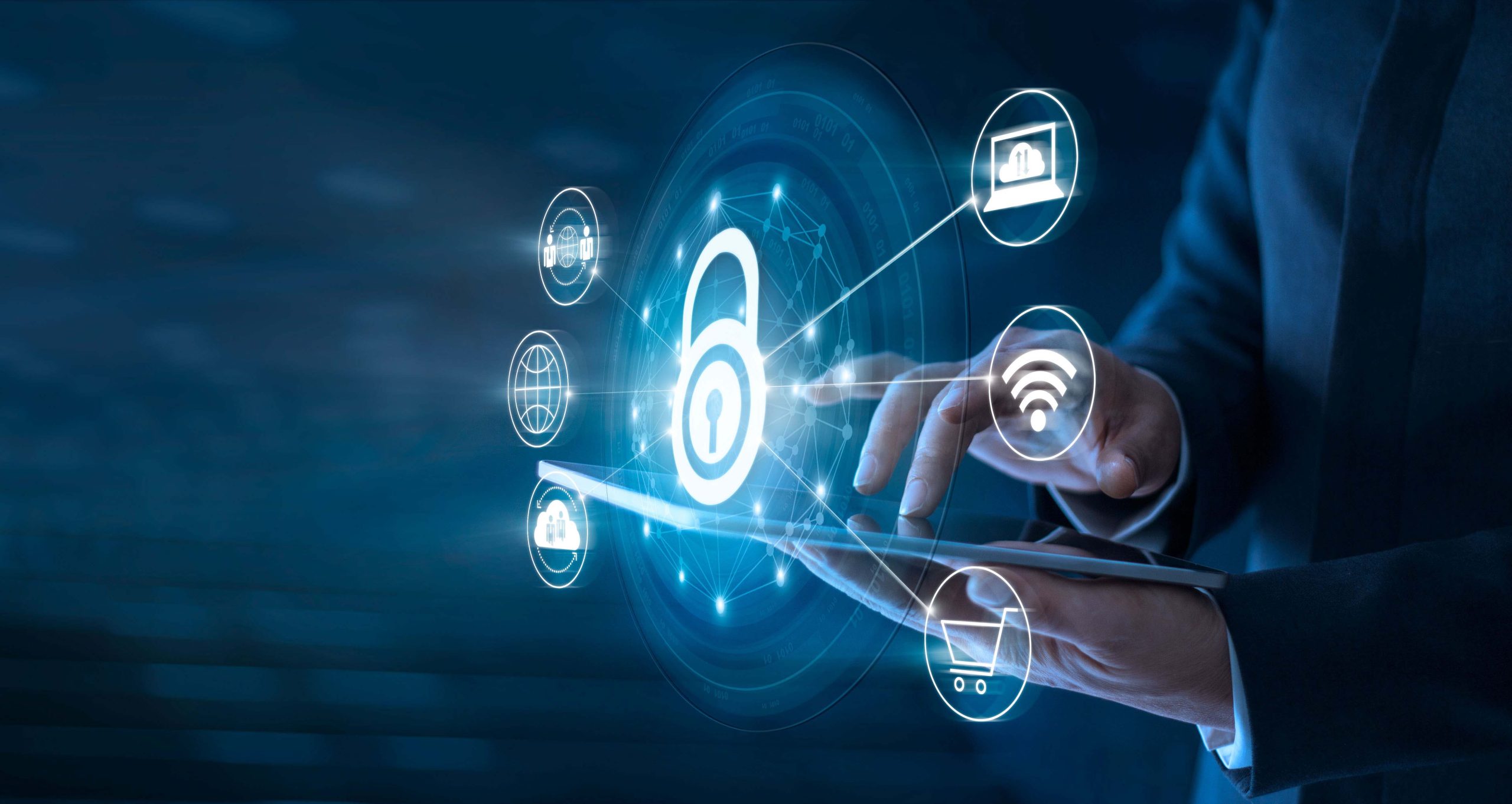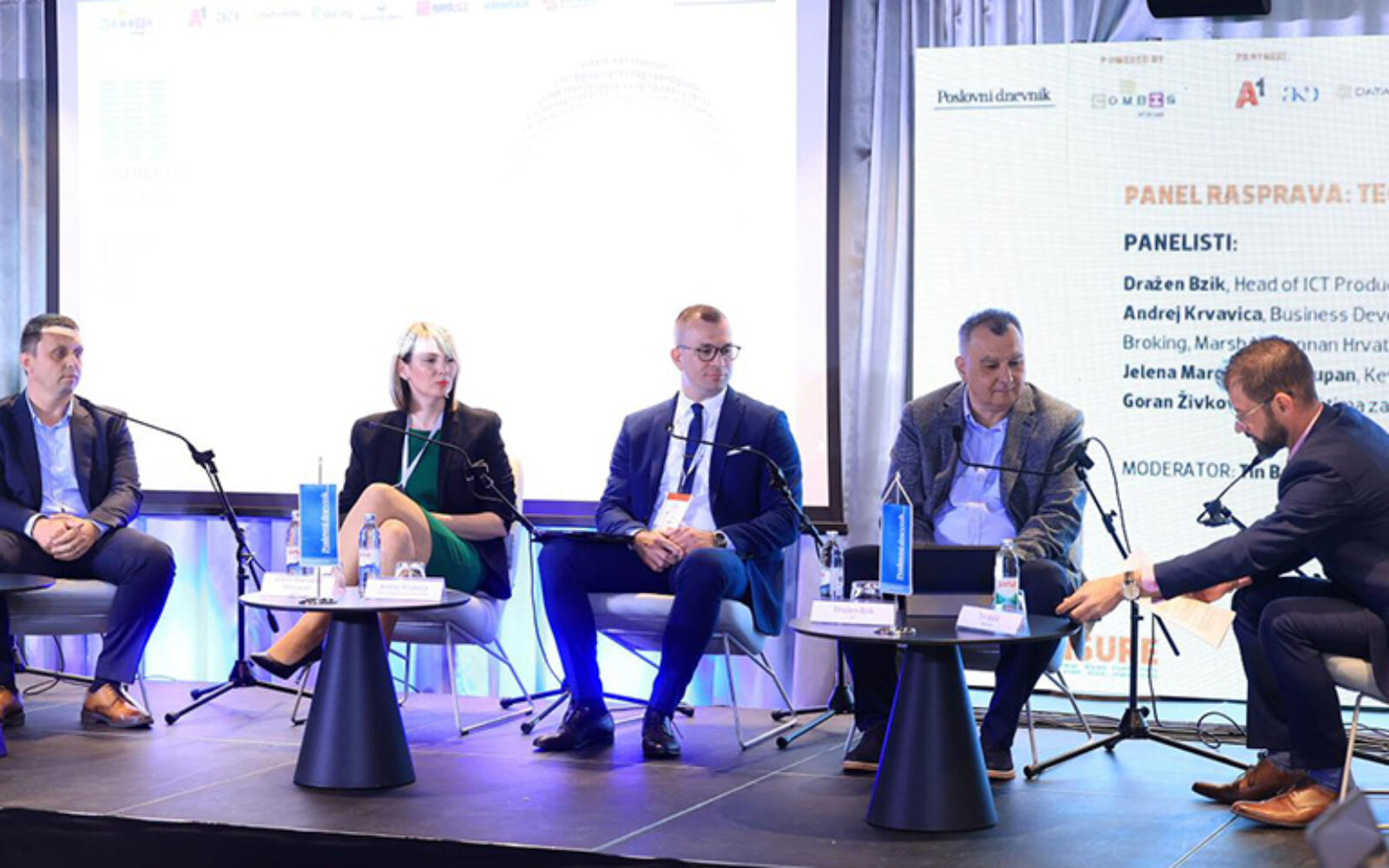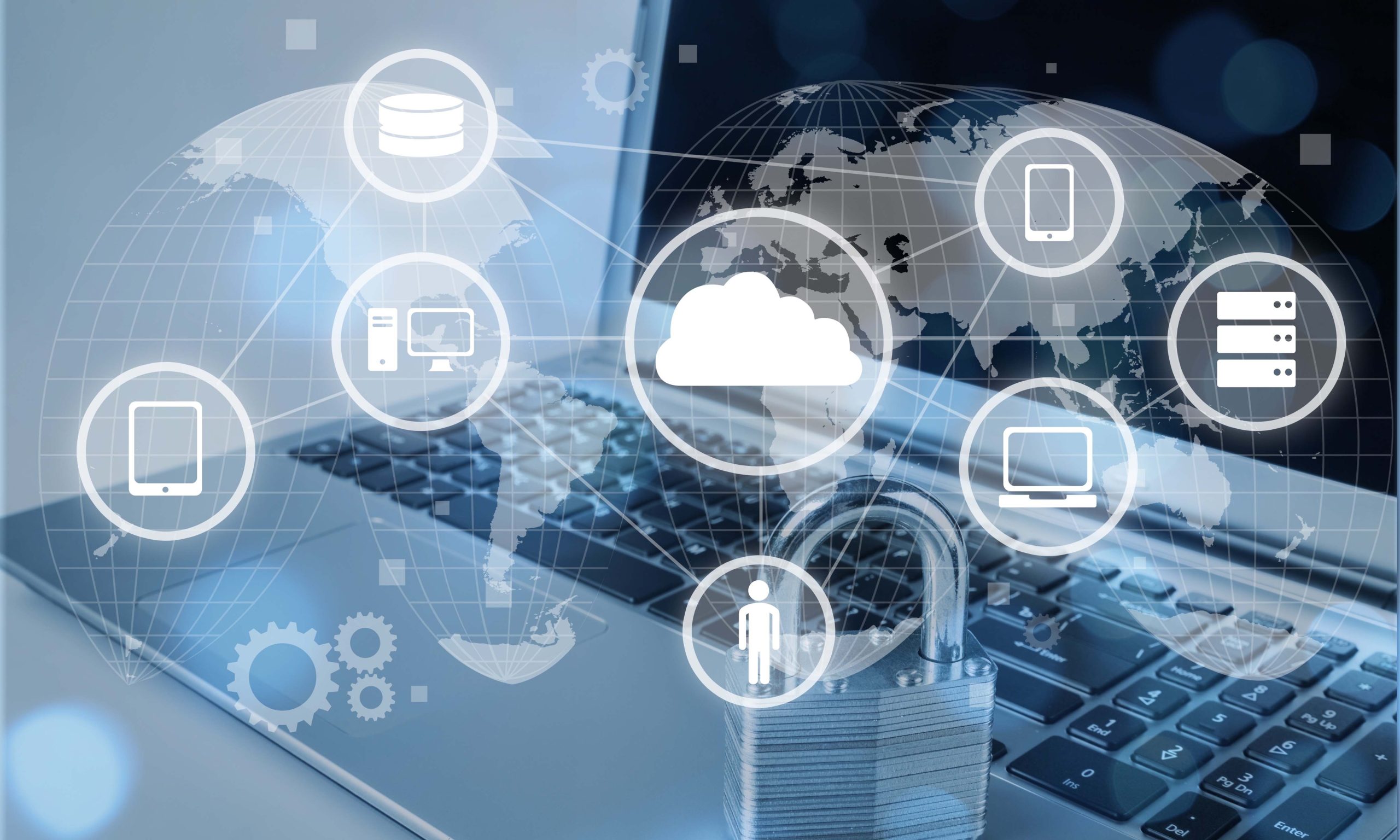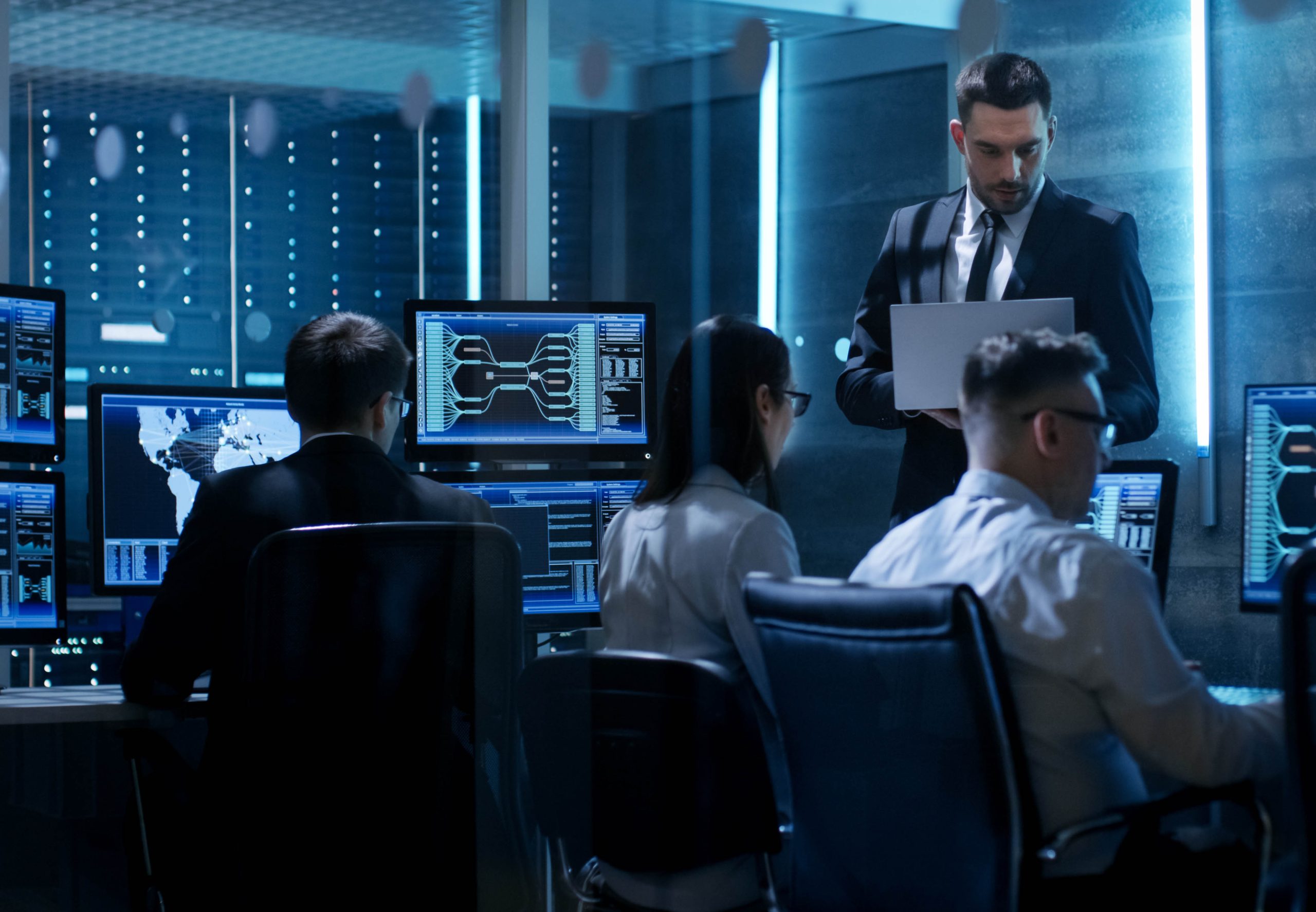Blogs
How to keep artificial intelligence "under control"?
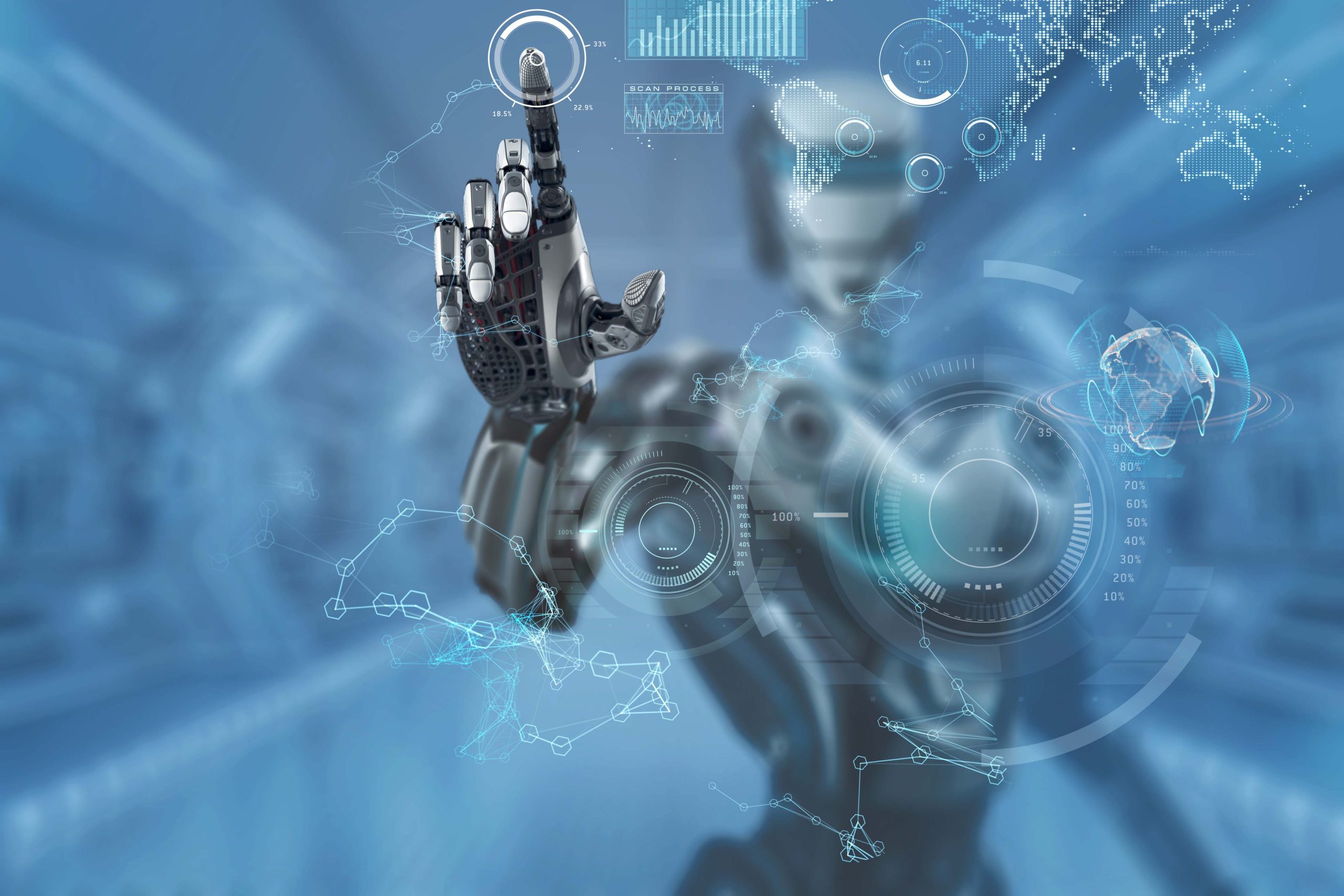
AI provides new tools to strengthen security, such as threat detection and security event analysis. But on the other hand, it opens the door to huge security challenges…
The development of artificial intelligence, especially with the advent of ChatGPT, has brought numerous opportunities, but also security challenges. AI today enables content generation and decision-making, which increases risks. Although progress has been predictable, the speed at which generative models are improving is surprising, and it is crucial to ensure that AI models are not misused to the detriment of users.
AI has attracted the attention of hackers and criminals due to its potential for manipulation, fraud and system security attacks. Attacks have been recorded in which AI creates sophisticated fake content, such as images, videos or audio recordings, and generates advanced phishing messages or finds vulnerabilities in systems. Data leakage is also a risk, as employees can inadvertently expose confidential information by inputting it into generative AI. The real threat of attacks using AI already exists, although it is not yet massive. It is crucial to take appropriate security measures for protection. Individuals and businesses should use strong passwords, two-factor authentication, and data protection solutions. Companies should invest in security solutions that monitor emerging AI threats and educate employees about security risks.
The impact of AI on cybersecurity has two directions. AI provides new tools to strengthen security, such as threat detection and security event analysis. While on the other hand, AI opens the door to new security challenges, such as creating convincing fake content and automating attacks. It is important to invest in security solutions that monitor new AI threats, and to be aware of ethical issues. Further development of AI will bring more advanced models and applications in various industries. AI will enhance our experience with technology, providing personalized services, automation and decision-making assistance. We need to regulate its use to ensure that AI serves human interests and adheres to ethical standards.
Regulation of the development and use of AI is extremely important. It is necessary to harmonize the regulation with existing laws, such as the GDPR, and to develop a clearer regulation in order to avoid potential risks. Transparency, accountability and fairness in the development and application of AI are key. The zero-trust model can guide the development of AI, ensuring security, privacy and ethics. Ultimately, AI security must remain a human responsibility, and employee security awareness is more important than ever to mitigate risks that technology solutions alone cannot always stop.
04
